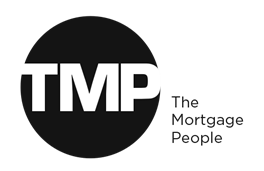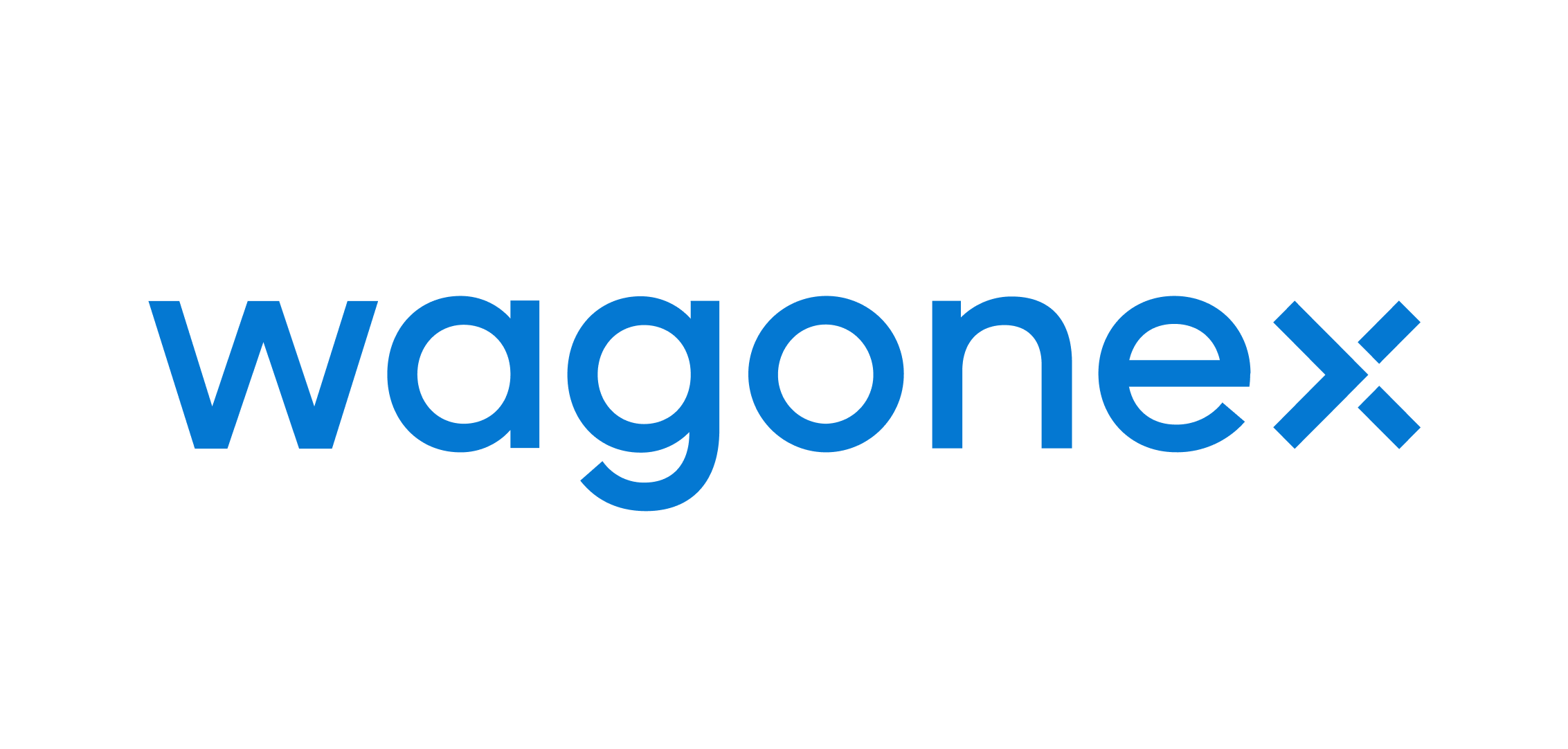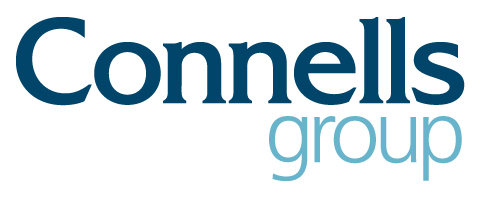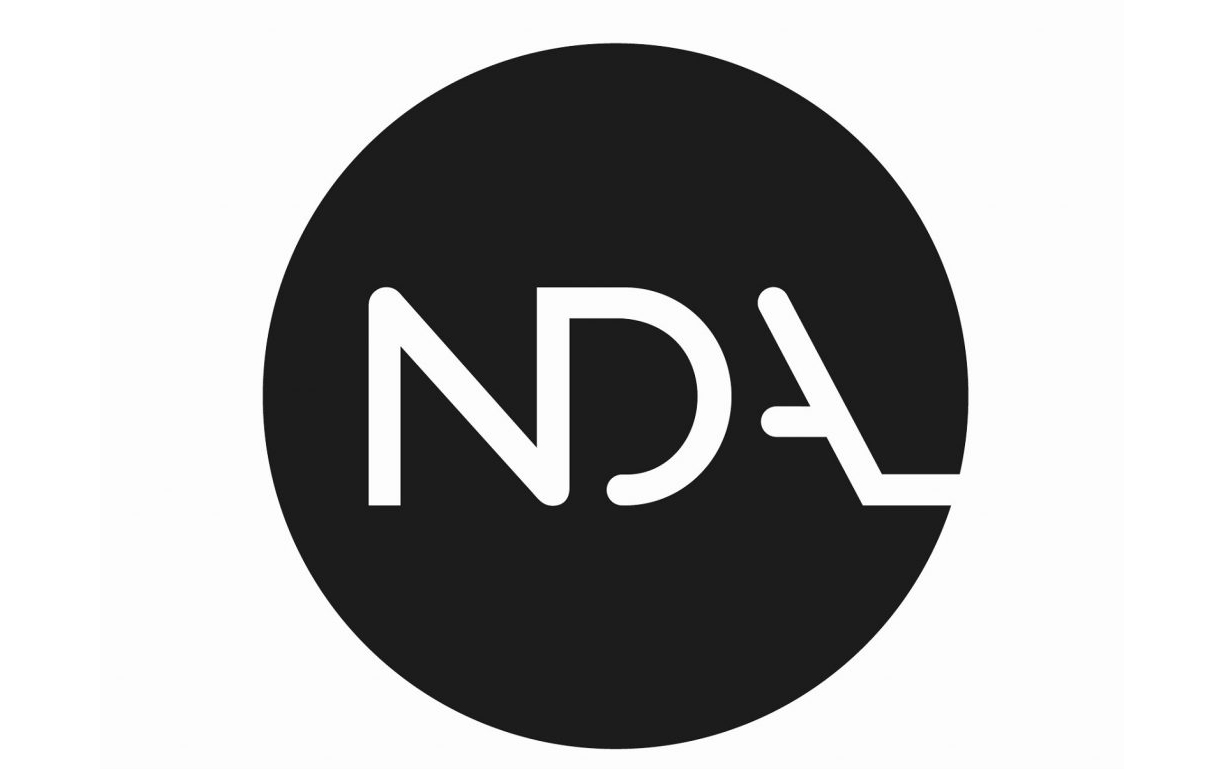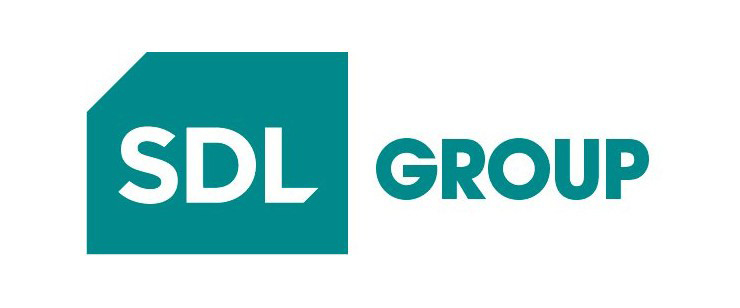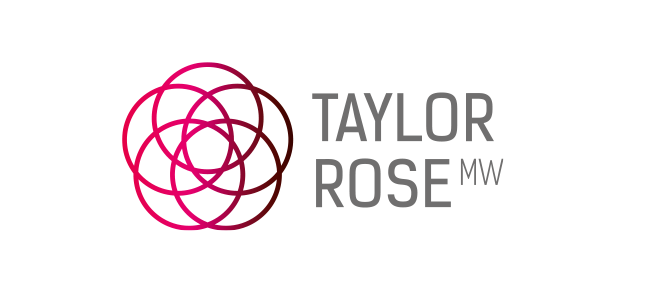REAL-TIME AML CHECKS
Easily Meet Your Anti-Money Laundering Obligations and complete Customer Due Diligence
Businesses across numerous sectors face compliance pressures from regulatory authorities, such as HMRC and the SRA to battle money-laundering in the UK. The importance of having robust AML checks in place has never been more critical.


MANAGE YOUR ANTI-MONEY LAUNDERING PROCESS
Failure to manage and demonstrate robust Anti-Money Laundering compliance could potentially result in severe penalties, including fines, reputational damage and even imprisonment for senior management, company executives or directors.
Our technology enables your business to perform Anti-Money Laundering checks in real-time and confirms the ID document matches the individual.
The Credas ID document and identity verification solution has been developed using next-generation facial recognition technology.
Credas also gives your business a clear audit trail and assurance that your confidential information is safe and secure.
